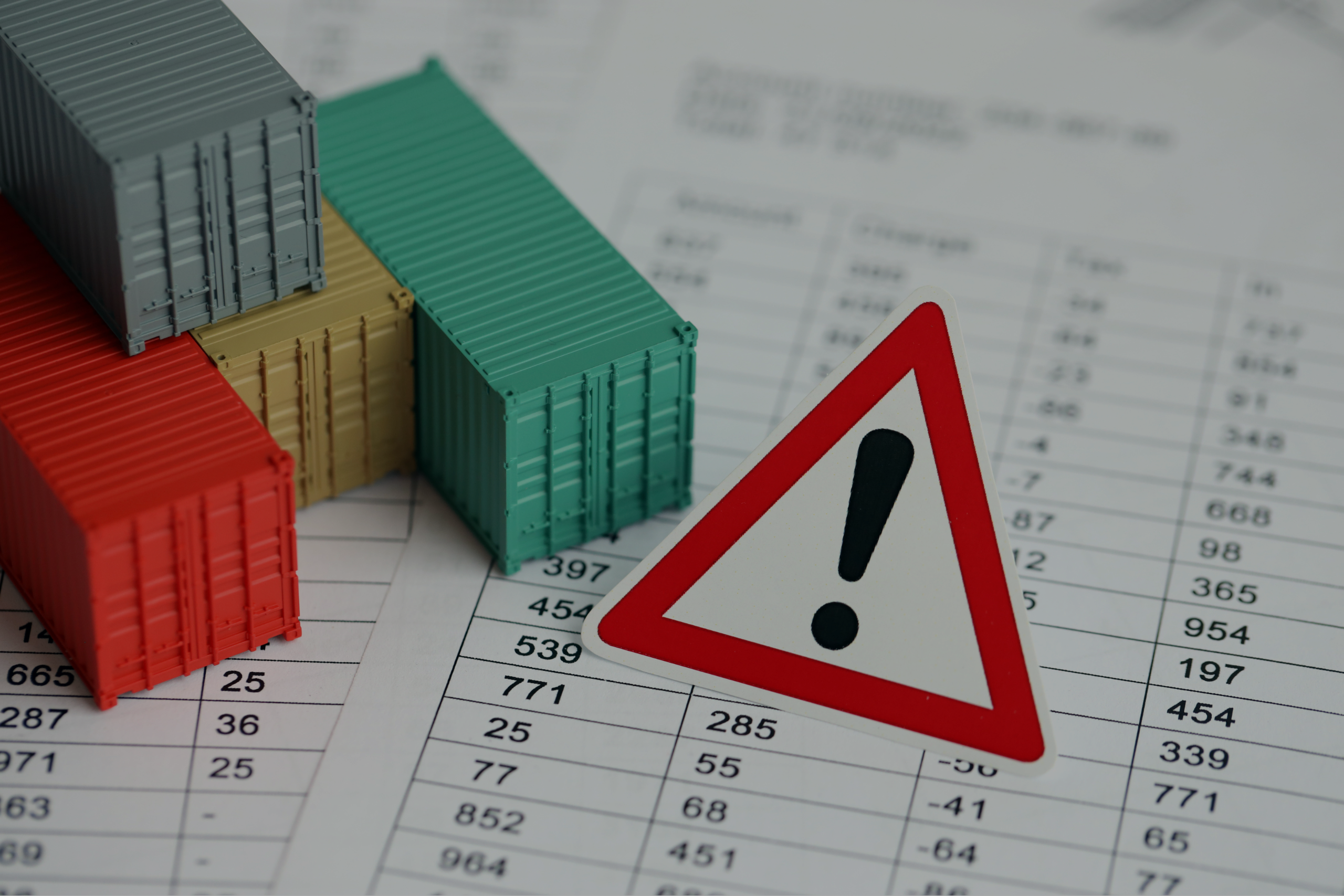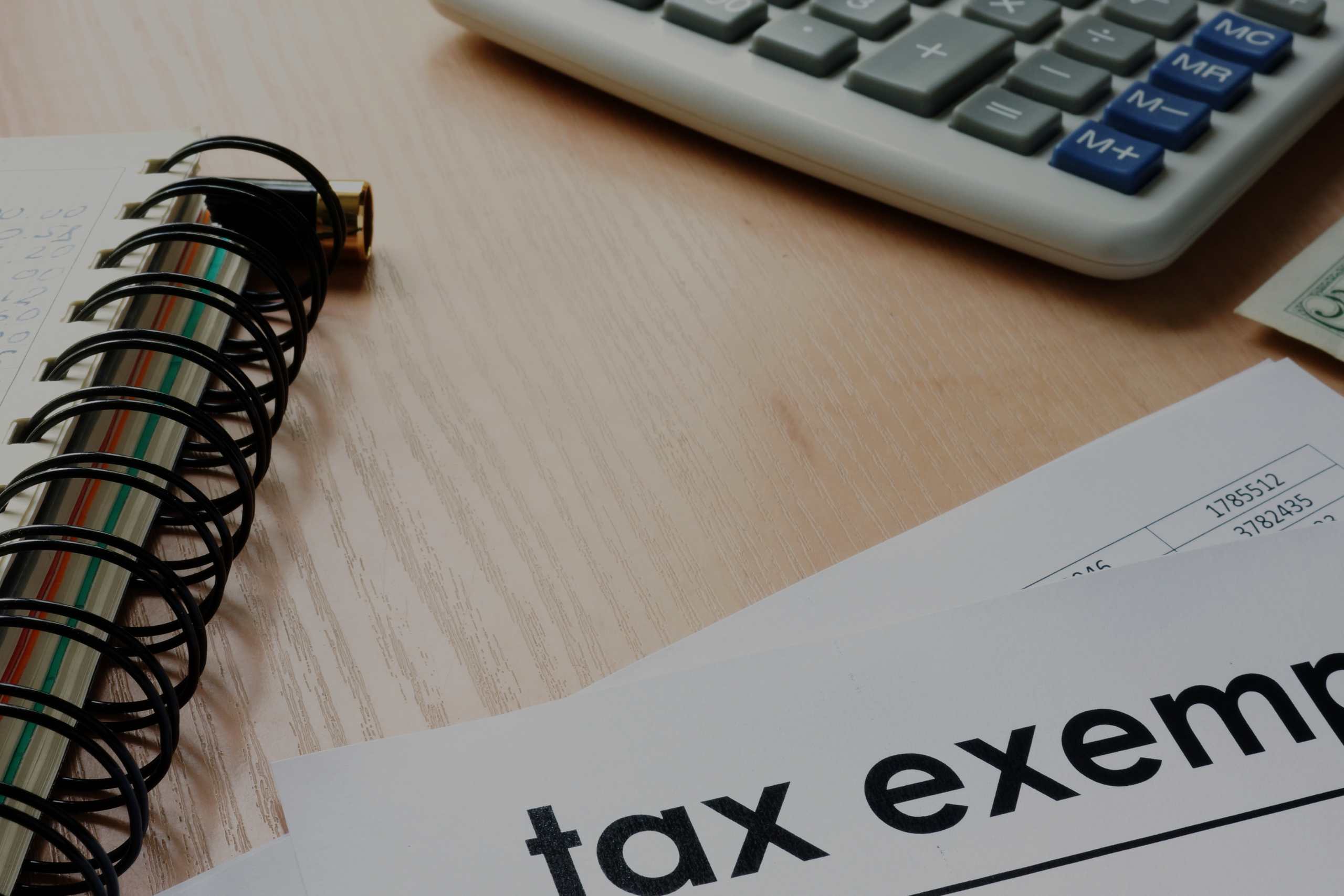
The consumer might be entitled to reclaim the unduly charged excise duty directly from the Member State
C‑316/22. – GABEL Industria and Co. | Consumers cannot be prevented from directly claiming back unlawfully charged excise duty from the Member State.
The plaintiffs in the underlying case are Italian businesses. In Italy, during the period under dispute (2010-2011), additional excise duty was imposed on the sale of electricity. According to the then-applicable Italian regulations, energy providers could pass on this tax to consumers. If the tax was unlawfully passed on, consumers had to take legal action against the provider.
Due to conflicts with EU law, the Italian legislature repealed this additional tax in 2012. In 2020, the plaintiffs approached the Court of Como to reclaim previously imposed, later deemed unlawful, tax. This case involved a tax obligation imposed by national legislation at the time of assessment, challenged not by the taxpayers but by the consumer upon whom the tax was levied within the energy price. Italian court practice was inconsistent regarding whether courts could set aside national laws conflicting with EU law in private legal disputes.
The Court of Como, aware of the Marshall and Faccini Dori rulings, initiated a preliminary ruling procedure as it was established that individuals could not directly invoke EU directives. In this case, the European Court of Justice confirmed that, generally, national laws inconsistent with EU directives cannot be disregarded in private legal disputes. Exceptions apply when national law empowers courts to do so or when the entity against whom the claim is made has more extensive rights compared to private individuals or is a government body. (The Court of Como will decide whether the electricity provider qualifies as such an entity.)
However, the principle of effectivness requires that if consumers cannot directly invoke EU law in civil proceedings, they should still be able to reclaim unlawfully levied tax from the Member State.
Lépjen kapcsolatba szakembereinkkel!
Az alábbi űrlap segítségével feliratkozhat szakmai hírlevelünkre, így folyamatosan értesítjük az adózás, a könyvelés és a bérszámfejtés területén megjelenő újdonságokról.











